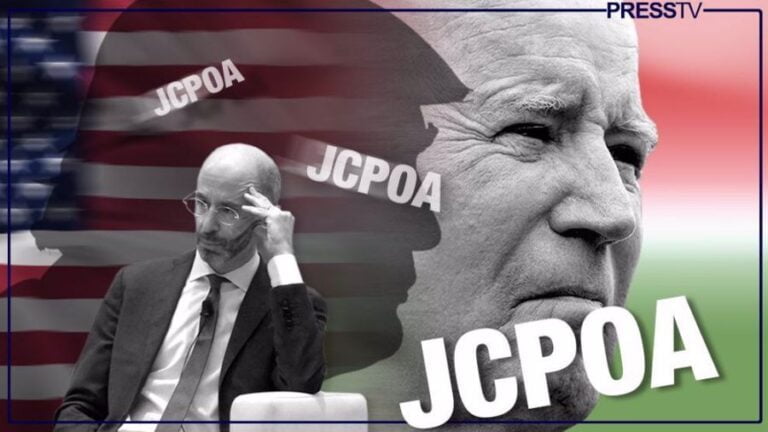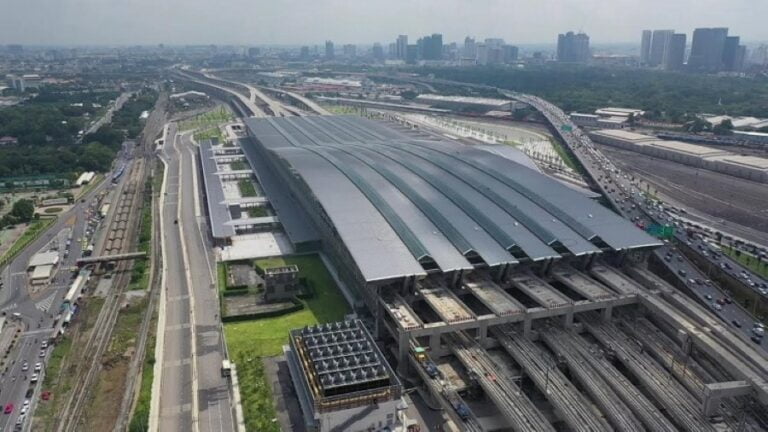The Real Eye Opener from the 3rd BRICS Summit
On September 9th, India’s Prime Minister Narendra Modi chaired the much-anticipated 3th BRICS Summit in virtual format. This iteration of the summit was carried out under the theme “Intra-BRICS cooperation for continuity, consolidation and consensus.” The heads of state of Brazil, Russia, India, China, and South Africa were on board discussing issues from Afghanistan to agricultural research.
Despite all the headlines and concern over the BRICS regional strategy in Asia, something far more important occurred. Bangladesh officially became the first new member country of the BRICS New Development Bank (NDB), which is headquartered in Shanghai. Some readers will be puzzled by my suggestion here, but a little explanation will show you what I mean.
Sure, China taking on a major role in Afghanistan by playing her chess pieces correctly. The China-Russia non-interference policy dogma is working so far, in giving both countries much leverage over the situation there. Strange as this may sound, the 3rd BRICS meetup was all about the chessboard, and how these member nations stand in the wheeling and dealing of international detente. Appearances are everything, but the Bangladesh NDB membership is a potential PR triumph if the BRICS plays its hand correctly.
Bangladesh Finance Minister Abu Hena Mohammad Mustafa Kamal commented earlier on the membership calling it a momentous partnership marking the 50th anniversary of his country’s independence. And, of course, this was not by chance. The membership by one of the poorest nations on Earth, a country now making great strides to improve the daily lives of tens of millions, might be the ultimate litmus test for the BRICS. All Bangladesh needs is a trove of outside financing, for the internal efforts to flourish. Since the early 2,000s, Bangladesh has increased its per-capita income by a factor of 3x. The country has moved from the cellar of developing nations into the ranks of middle-income economies.
What this means for the western financial and developmental alliances is pointedly obvious. Bangladesh as an outside investment success story made by the BRICS, will further erode the credibility and desirability of entities like the Paris Club, the inter-American Development Bank (IDB), and even the World Bank. Regional partners elevating their neighbors will be an even more important win for the likes of India and China. Helping to transform a nation where food security is more important than anything, will be a PR win of monumental consequences.
And what about the UAE and Uruguay as the next countries gaining admittance into the NDB? Western strategies must be sweating out financial domino theories over the emergence of the BRICS as a direct investments competitor. If these partners manage to accomplish what the IMF, the World Bank, and western commercial interests have failed to do in the last eight decades? Well. Since its beginning, the NDB has funded about 80 projects in every member country for a current portfolio worth about $30 billion U.S. dollars. The projects so far are infrastructure and sustainability projects aimed at creating the foundations of societal improvement.
Of course, these billions are miniscule compared to the investments of the western order, for now. This early critique of bank progress mentioned how the NDB could change the game if certain things happened. With the addition of these new members, and the innovative and transparent operations NDB has pioneered already, much of the criticism seems to be fading away. Forbes India said recently the “NDB has cemented its place as one of the most important sources of external financing to BRICS countries.”
Over the last five years the NDB has leveraged about $50 billion in capital to provide new pools of capital to BRICS countries, for building sustainable infrastructure, and other economic developments. Now, the bank is expanding to help key regional players using the same strategies developed during these harrowing pandemic times. I think the hands-off strategy where internal wars are concerned, and hands on help for the world’s poorest nations, will be the story of the 4th BRICS summit.







